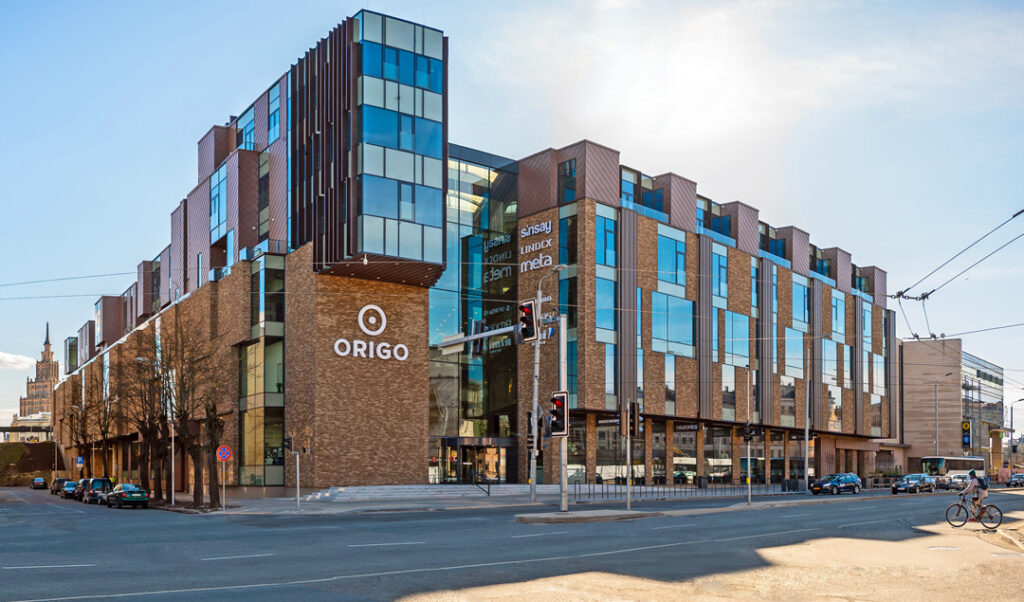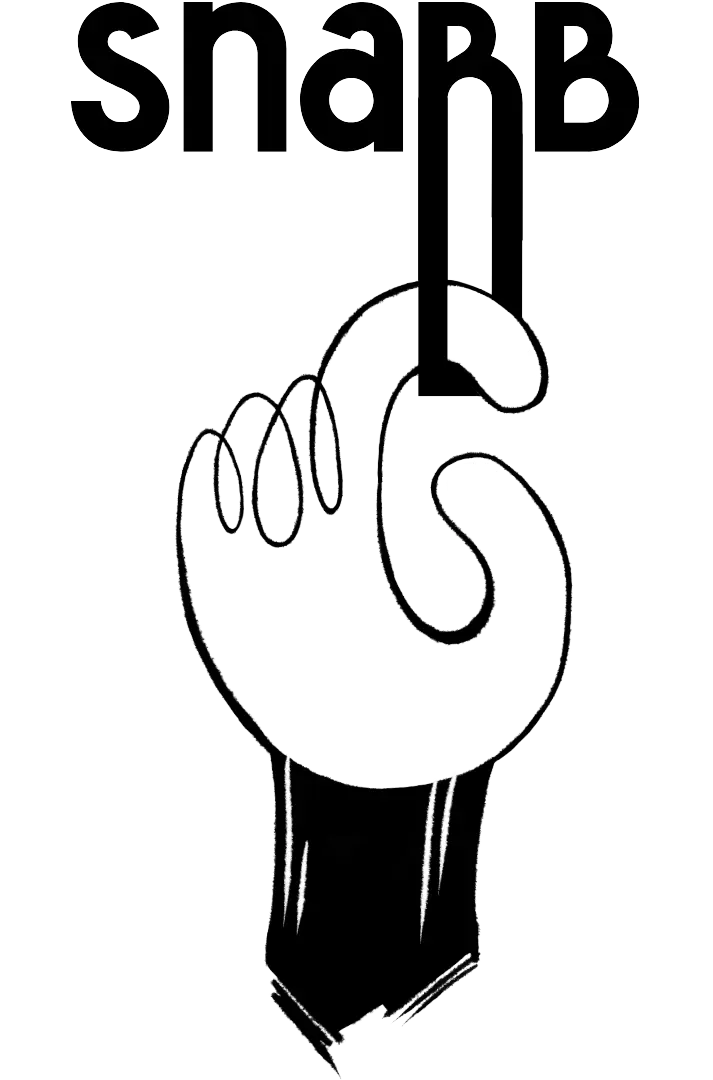Constantly rising fuel prices and rising costs are a headache for many car owners. How can you keep your car costs under control? Investor and entrepreneur Marko Oolo gives his advice.

Photo by Tiit Blaat | Ekspress Media
Choose a car according to your ability
According to Oolo, the most important thing is to choose a car that suits your income and financial ability. “Today I drive around in a diesel car with a two-litre engine. At the same time, if I had bought a three-litre petrol car, my monthly car-related costs would be on average 30-40% higher.”
According to Oolo, before you buy a car, you could put all the extra costs of a given vehicle into Excel and make a decision based on what makes financial sense for your wallet in the long run. “All car expenses could be less than 5% of your income. The newer and more powerful the car, the more expensive the fuel and maintenance.” Similarly, while Oolo used to lease his cars, he says it now makes sense to buy the car out to avoid taking out a loan for consumables.
Parking and carwash
As an investor in the carwash and parking app Snabb (formerly Barking), Oolo believes that there’s no point in pinching pennies when parking infrequently in the city, but planning your route and choosing a parking spot before you start can pay off in both time and money. “When I’m going into town, I usually have a parking spot already picked out to reduce the headache of parking later.”
For laundries, Oolo says, the biggest financial gain has been in the use of soap washing machines. “Using automatic laundries is like going on an expedition – the queues are 1-2 hours and the overall system has been quite inconvenient.” Among other alternatives, Oolo has also tried transfer car washes, but each time the price of a wash tended to be around €45-80, which was too expensive for the wallet. “With a self-service car wash, I can be sure that the car will be cleaned properly and the cost will be around €5-7.”
Plan your trips
“The easiest way to save is also to evaluate your trips and use alternatives where possible,” says Oolo. As a father of two, he admits that it’s not really possible to do all his planned activities without a car, but when travelling alone, Oolo prefers to use a motorbike, a bicycle or sharing economy mobility devices such as Bolt’s bikes and scooters, as well as public transport – for example, when travelling to Tartu. “A train or bus ride gives you nearly five hours of uninterrupted time to yourself.”
Oolo has been recording all his expenses in Excel for the past nine years and it has helped him save significantly over the years. “Spreadsheeting is the most powerful tool to control costs and avoid emotional purchases. However, not writing down expenses has led to an immediate 20% increase in outgoings over the months,” says Oolo, talking about financial planning.


